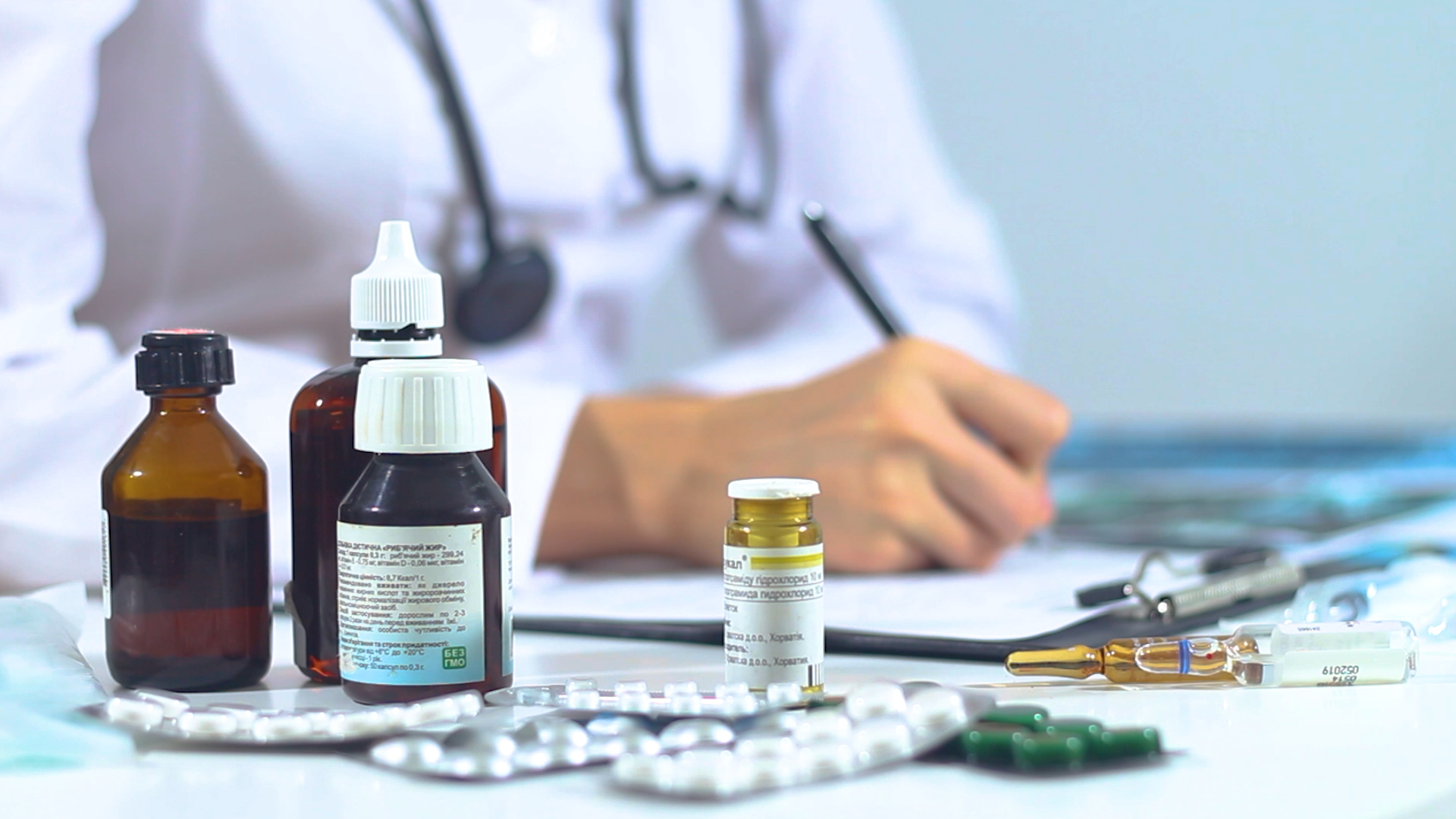REPORT 2022 - 2023
Epigraph:
Author:
- Home
- Executive overview
- Working together
- Impact on the Ground
WHO Region:Country, Territory or Area:Filter search results




- Countries enabled to provide high-quality, people-centred health services, based on primary health care strategies and comprehensive essential service packages
Reducing financial hardship by introducing reference pricing for medicines and abolishing balance billing in Georgia
Key WHO Contributions
- Provided continual strategic guidance, policies, and priorities - rooted in the WHO Biennial Collaborative Agreement (BCA) - steering Georgia towards making health care – including essential medicines – more affordable for people.
- Conducted a comprehensive study in 2021, analysing Georgia's household budget surveys to identify the primary causes of financial hardship related to out-of-pocket payments for health care. Updated this information and made it easily accessible through an interactive platform, UHC watch (https://apps.who.int/dhis2/uhcwatch).
- Played a pivotal role in policy discussions, collaborating closely with the Government of Georgia and international experts to draft key reports and offer strategic insights into health reforms.
- Provided hands-on technical support to the Government in implementing the reference pricing system for medicines and the DRG system for hospitals.
- Facilitated collaboration with key partners, particularly the World Bank, to ensure an integrated approach to health reforms in the country, fostering a collaborative ecosystem for change.
How did Georgia, with the support of WHO, achieve this?
To assess the situation in Georgia, the WHO Regional Office for Europe conducted a study in 2021, analysing data from the country's household budget surveys. The WHO assessment indicated that the primary causes of financial hardship at that time were out-of-pocket payments for outpatient medicines and inpatient care. [5] The main factors driving catastrophic health spending were identified as balance billing in hospitals, lack of robust price regulation, a ceiling on government-funded coverage, and no mechanisms to control service volume. The assessment data were regularly used for advocacy purposes in high-level meetings and policy dialogue events, and WHO Georgia’s launch of the financial protection report was highly successful, receiving widespread media coverage and resonance among the public, leaders, and politicians. [6] WHO provided interviews to TV channels on the topic and had a meeting with representatives of the pharmaceutical industry to explain WHO guidance on improving access to essential medicines, with the final goal of improving financial protection of the population.

Regulating and reducing medicine prices for patients played a role in lowering the country’s overall inflation rate.
Photo credit: WHO Georgia
References
- National health accounts data, 2005 – Global Health Expenditure Database, 2022 (unpublished data).
- External reference pricing is the practice of regulating the price of a medication in one country, by comparing with the price in a "basket" of other reference countries, see WHO guideline on country pharmaceutical pricing policies for more details. In Georgia see the Georgia Ministry of Health. Reference pricing [web portal]. Georgia Ministry of Health Reference Pricing, accessible only from Georgia.
- DRGs is a classification system for inpatient hospital services that groups patients with similar diagnoses and treatment into homogeneous groups and is also used for reimbursement purposes. See WHO guidance - Diagnosis-related groups (DRG): A Question & Answer guide on case-based classification and payment systems. WHO DRG Q&A Guide, accessed 20 March 2024.
- Ministry of Internally Displaced Persons from the Occupied Territories, Labour, Health and Social Affairs of Georgia [web portal]. Ministry of Health of Georgia News Portal, accessed 22 January 2024.
- WHO Regional Office for Europe. Can people afford to pay for health care? New evidence on financial protection in Georgia [report]. Financial Protection in Georgia Report, accessed 19 March 2024.
- WHO Regional Office for Europe. Georgia on the path to universal health coverage, but gaps persist. Georgia UHC Progress Report, accessed 19 March 2024.
- World Health Organization. Diagnosis-related groups (DRG): A Question & Answer guide on case-based classification and payment systems [report]. WHO DRG Q&A Guide, accessed 22 January 2024. (Repeated entry)
- World Bank. Georgia monthly economic update – June 2023 [report]. Georgia Economic Update June 2023, accessed 22 January 2024.
- Georgian Public Broadcaster. Reference prices to apply to over 2300 medicines in Georgia. [news article]. News Article on Reference Prices in Georgia, accessed 22 January 2024.
- The Minister of Health, together with the deputies and members of the working group, evaluated the DRG reform [news]. Evaluation of DRG Reform in Georgia, accessed 23 February 2024. (Repeated entry)
- Countries enabled to provide high-quality, people-centred health services, based on primary health care strategies and comprehensive essential service packages
